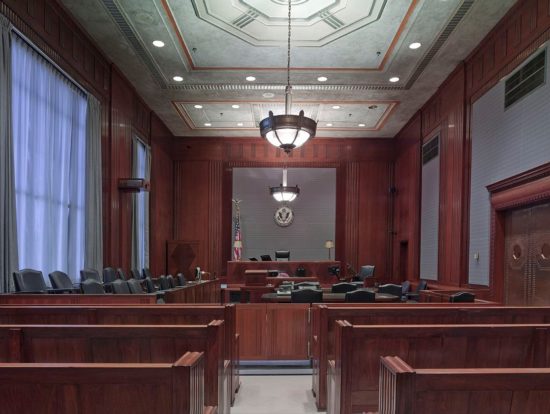
Community managers frequently ask about their role in a trial. They also want to know how to best prepare and present themselves in the unfamiliar setting of a court room. The purpose of this article is to provide some guidance on these topics.
If I were to distill the answer to these questions down to one word, the word would be “ambassador.” A manager attending a trial is a formal representative of an association, who should interact as a positive, prepared, and proper spokesperson with the Court and the opposing party during the trial. Let’s delve into some of the details about how to become a polished ambassador for an association.
First and foremost, you must be prepared. Become familiar with the issues and the documents. This means having good working knowledge of the details, both good and bad. Depending upon the level of complexity, you should propose a meeting or telephone conference with the attorney well before the trial or hearing. Discuss the anticipated topics with the attorney and familiarize each other with the documents and personalities involved.
There are many techniques to providing testimony. Preparation will help, but there are several additional strategies. First, there is no reason to become agitated, angry, upset, or volatile. This is not your dispute, but a dispute between an association and the opposing party. You are a professional who will listen to the question, think before responding, and then respond carefully and precisely.
Make absolutely sure you understand the question. You have the right to have questions clarified or simplified. If you do not understand the question or simply want it repeated, ask to have the question restated. This provides the added benefit of allowing you more time to consider your response.
Respond only to the question asked, without volunteering information and without exaggeration or unnecessary commentary. Keep your responses brief and to the point. There are very few questions that cannot be answered with one word, one sentence, or one very short paragraph. If the attorney wants more detail, he or she will ask a follow-up question. Be yourself, using your own words, without trying to adopt legalese.
Tell the truth. Do not exaggerate. Do not guess. If you don’t know or you don’t remember, then that is the correct answer. Avoid absolute statements, such as: that is “everything” that was mentioned in a conversation, or these are “all” of the documents. You can properly qualify your statements by saying that is all you remember at this time, or that is all that you recall unless you have the opportunity to look at some documents.
Dress appropriately. While a tuxedo or evening gown is obviously too much, formal dress is better than casual. Proper attire demonstrates respect for the proceedings, the judge, and the legal process. There is also a hidden benefit. More formal attire instills confidence and provides a form of insulation for the witness; a form of courtroom “armor” so to speak. Dress for success.
Don’t interrupt. An attorney may state an objection, or the judge may say something. Just stop your answer in mid-sentence if that happens. It does no good to have multiple people speaking at one time. Wait for the resolution and then ask if you are supposed to continue to answer the question.
Avoid humor or laughter. People often utilize one or the other in a tense situation to alleviate stress. But this is a formal proceeding involving someone’s money or property rights. Therefore, informality and humor are not good ideas.
Be consistent. If you make a mistake, admit it. If you realize at some point that you misstated or overlooked something, go ahead and correct your testimony before it is challenged.
Remember that you are a source of information for the court to make a decision. If you communicate clearly and concisely, the association will obtain a just result, and you will have performed admirably as an ambassador.